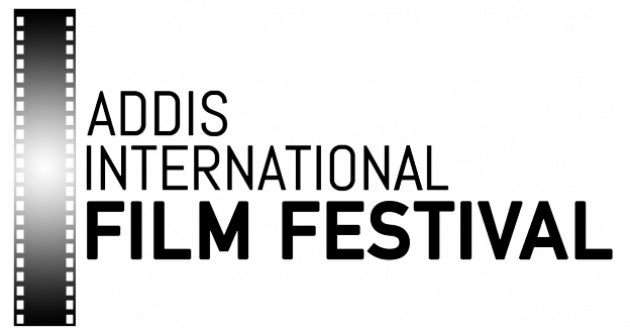Interview with “Future Baby” Director, Maria Arlamovsky
1. Tell us a little bit about your background and how long you have been in documentaries?
I live and work in Vienna, Austria. I studied at the University for Music and Performing Arts Vienna (M.A. 2000) and the Donau University in Krems (MA, 2011).
I am married and have 2 grown up children and 1 adopted son and 2 foster children.
My documentary line ups includes ‘Rubber Chicken Born at Home’, a documentary about a woman who decides to give birth at home; ‘Loud and Clear’, a documentary about survivors of sexual abuse; ‘A White Substance’, about rape as a weapon of war; ‘Looking for QI’, about Zhineng Qigong, China and others.
2. Can you give us a brief description about the documentary and how you came to produce it?
FUTURE BABY is a film about the future of human reproduction as it is happening right before our eyes. FUTURE BABY explores all around the world—patients and researchers, egg donors and surrogate mothers, laboratories and clinics. The hopes and wishes of future parents mesh with research on how to "upgrade" human embryos in the face of an ever-accelerating rate of medical progress. The question is: how far do we want to go?
In this documentary I am focusing on the female body and the hardships that come with it. Reproduction was and is always a burden for women – to be barren can be a very deep trauma for women and naturally also for men. A trauma, a lot of people don’t want to talk about. This is why I wanted to make a film about the topic to provoke a more open and honest discussion about it.
3. What were you trying to achieve with the film, and how much did the documentary affect you personally?
Children are an important part of my life, a part that despite the effort I would not want to miss. I understand why people want to have and raise children and want to live as a family.
With FUTURE BABY, I wanted to explore where the rapidly developing fields of reproductive medicine, genetics, and birth control are taking us. We can understand that reproductive medicine offers a lot of chances but also comes with a lot of burden. More and more it becomes a slippery slope and I believe we have come to a point where it is imperative that we ask ourselves, “how far do we want to go?”
Since my eldest son was the DOP of the film, we have been discussing a lot about how in future all the new medical technology , especially with gene selection or gene editing will become ‘obligatory’ for young intended parents and if this is an ethical way to embrace new life.
4. How widely is the documentary distributed? Any Awards?
Festivals the documentary screened includes:
· Hot Docs Canadian International Documentary Festival Toronto (2016)
· Diagonale, Festival of Austrian Film, Graz (2016)
· Docaviv International Film Festival, Tel Aviv (2016)
· Zurich Film Festival (2016)
· Reykjavik International Film Festival (2016)
· Cambridge Film Festival (2016)
· International Contemporary Science Film Festival 360°, Moskow (2016)
· DokLeipzig. International Leipzig Festival for Documentary and Animated Film (2016)
· Marda Loop Justice Film Festival, Calgary (2016)
· Rocky Mountain Women's Film Festival, Colorado Springs (2016)
· One World, International Human Rights Festival, Prague (2017)
· Academia Film Festival Olomuc, (2017)
International Awards includes, Silver Punt AUDIENCE AWARD, CAMBRIDGE Film Festival (2016) and SPECIAL MENTIONING, Zurich Film Festival (2016).
5. What challenges did you face in the course of producing the documentary?
Intended parents don’t like to talk about their misfortune, so it took a lot of work to find people willing to talk. The same for egg donors or surrogates, they prefer to hide since their ‘job’ is not accepted by most societies.
Since I was filming a lot of footage the editing process of course was challenging to reduce the material to it´s most important parts and to get the film dramaturgy right.
(But I have to confess, that I was able to edit a second, shorter part out of the left over footage and that film is about grown up children from donor-sperm or eggs.)
6. What would you like to do next?
The film I have mentioned above - is called: ’Father, Mother, Donor, Child’ – it is about the hardship as a child, not to be told the truth about your own identity. It will come out next month as Video on Demand and the film I start to research now is about futuristic Robot-Human Relationships.

